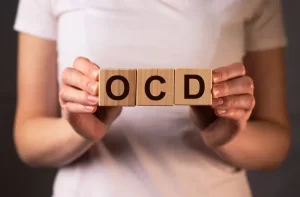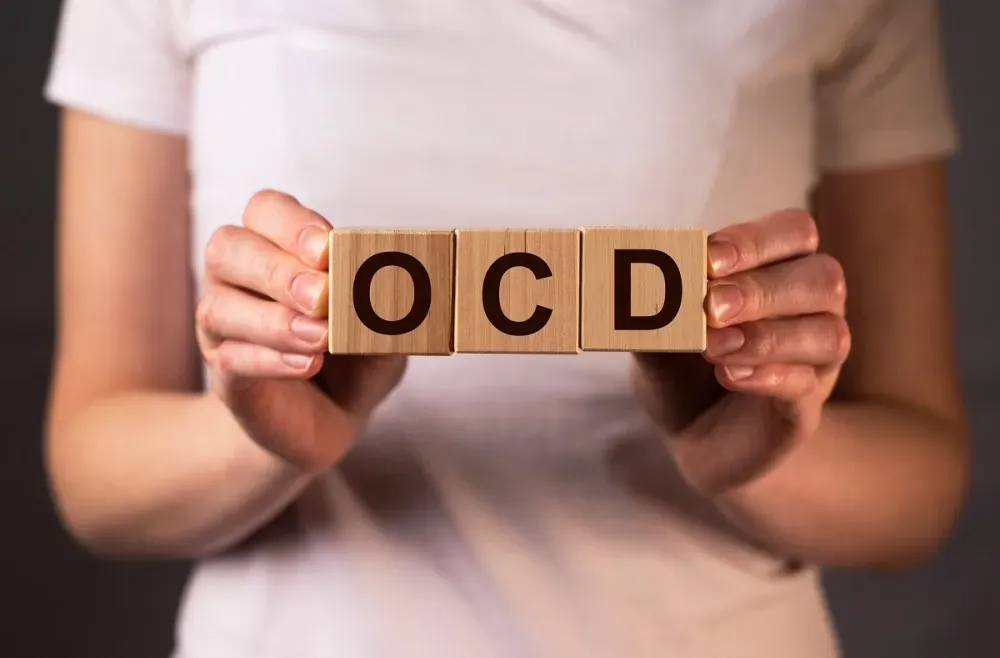Introduction
Is OCD Common? This is a question many people ask when trying to understand this widespread mental health condition. Obsessive-Compulsive Disorder (OCD) affects millions of people globally, disrupting daily lives with intrusive thoughts and compulsive behaviors. By exploring its prevalence, we can better support those living with OCD and foster greater awareness.
How Prevalent Is OCD Globally?
Is OCD Common globally? The answer is yes. OCD is recognized as one of the most widespread mental health conditions. According to the World Health Organization (WHO), OCD ranks among the top 20 causes of disability for people aged 15 to 44. Approximately 2-3% of the global population experiences OCD during their lifetime.
In the United States, data from the National Institute of Mental Health (NIMH) shows that about 1.2% of adults have had OCD within the past year. These statistics confirm that OCD is not rare and can affect individuals across all demographics.

For Consultant with the Best Psychiatrist in Delhi for the Best OCD Treatment in Delhi, consider visiting:
Is OCD Common Among Children and Adolescents?
Is OCD common in children? Research indicates that OCD often begins in childhood or adolescence. Studies suggest that 1 in 200 children may have OCD, making it as prevalent as other childhood conditions like asthma or diabetes. Early recognition is critical because untreated OCD can interfere with a child’s academic performance, social development, and emotional well-being.
Parents and caregivers should remain vigilant for signs such as excessive handwashing, repetitive checking, or difficulty concentrating due to intrusive thoughts.
Why Do People Develop OCD?
Is OCD common due to genetics or environment? While the exact cause of OCD remains uncertain, researchers attribute it to a combination of genetic, neurological, and environmental factors. Family history plays a significant role, as individuals with close relatives who have OCD are more likely to develop the condition. Additionally, stressful life events or trauma can sometimes act as triggers.
It’s important to note that OCD is not a result of personal weakness or lack of willpower but a medical condition that requires understanding and support.

How Common Is OCD in India?
Is OCD common in India? Yes, it is. OCD significantly impacts mental health in India, where nearly 1-2% of the population experiences symptoms, as reported by the Indian Council of Medical Research (ICMR). However, due to social stigma and lack of awareness, many cases go unreported or untreated.
Promoting mental health education and increasing access to resources can help bridge this gap. For more information, visit the Ministry of Health and Family Welfare.
What Are the Common Misconceptions About OCD?
Is OCD commonly misunderstood? Absolutely. Many people mistakenly associate OCD with being excessively neat or organized. However, OCD is far more complex, involving intrusive thoughts and compulsive actions performed to reduce anxiety.
Debunking these myths is essential to reduce stigma and encourage those affected to seek help. For reliable information, visit the National Institute of Mental Health (NIMH).
Addressing OCD: What Can Be Done?
OCD is a manageable condition with the right interventions. While medication is one form of treatment, therapy, particularly Cognitive Behavioral Therapy (CBT), has been proven effective. It helps individuals recognize and challenge their obsessive thoughts and compulsive behaviors.
Support groups and awareness campaigns also play a vital role in creating a supportive environment for those with OCD.
For additional guidance, the Centers for Disease Control and Prevention (CDC) provides resources on mental health and coping strategies.

Final Thoughts
OCD is more common than many people realize, affecting millions globally, including children, adolescents, and adults. Understanding its prevalence and addressing common misconceptions can create a more compassionate and informed society. With increased awareness, access to resources, and proper support, individuals with OCD can lead fulfilling lives.
If you or someone you know is experiencing symptoms of OCD, consider reaching out to mental health professionals or trusted organizations to learn more about available resources.

